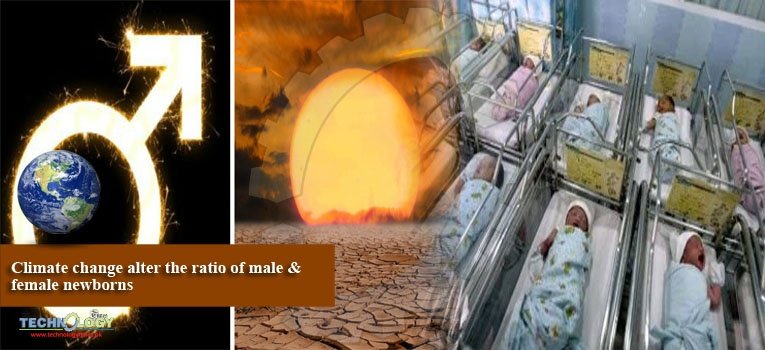Global warming will have a variety of effects on our planet, yet it may also directly impact our human biology, research suggests. Climate change could alter the proportion of male and female newborns.

Fukuda theorized that the vulnerability of Y-bearing sperm cells, male embryos and/or make fetuses to stress is why ‘subtle significant changes in sex rations’ occur.
Catalano said that this is a result of the fact that a male infant is a ‘relatively frail organism’. “For every society, for every year, the human being most likely to die [prematurely] is male infants. And that’s true for every society that we have data for.”
Samuli Helle, a senior researcher in the Section of Ecology, Department of Biology at the University of Turku in Finland, also found that “warmer temperatures bring sons.”
Though all the reasons for this male-to-female ratio change are not understood, but scientists believe that boys are biologically weaker and more susceptible to diseases and premature death, leaving the possibility for more male-to-female disparity wide open in the age of climate change.